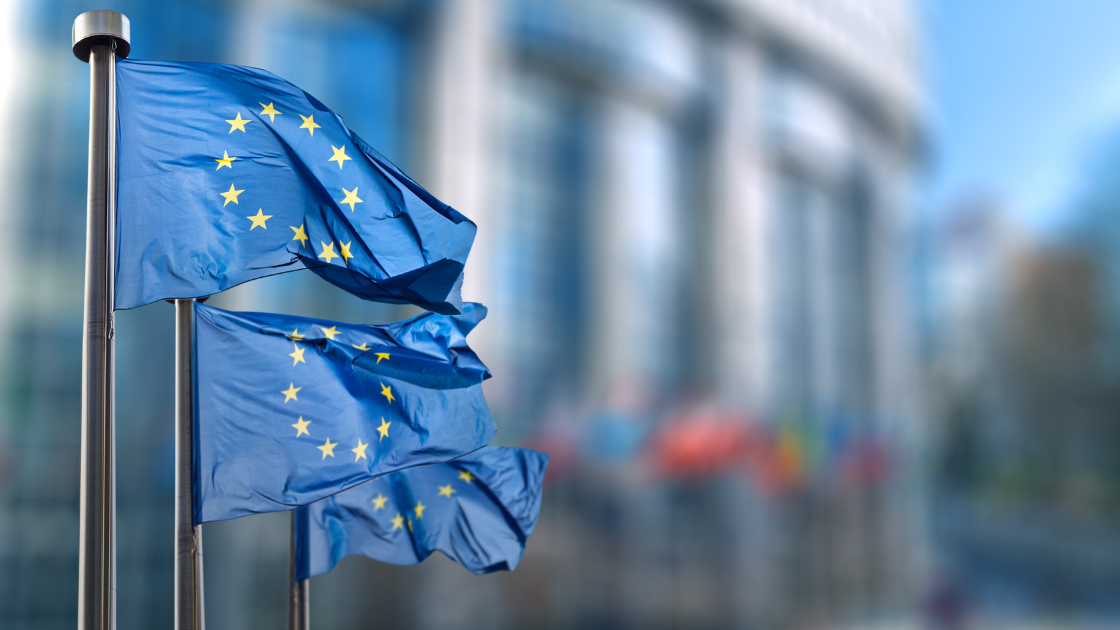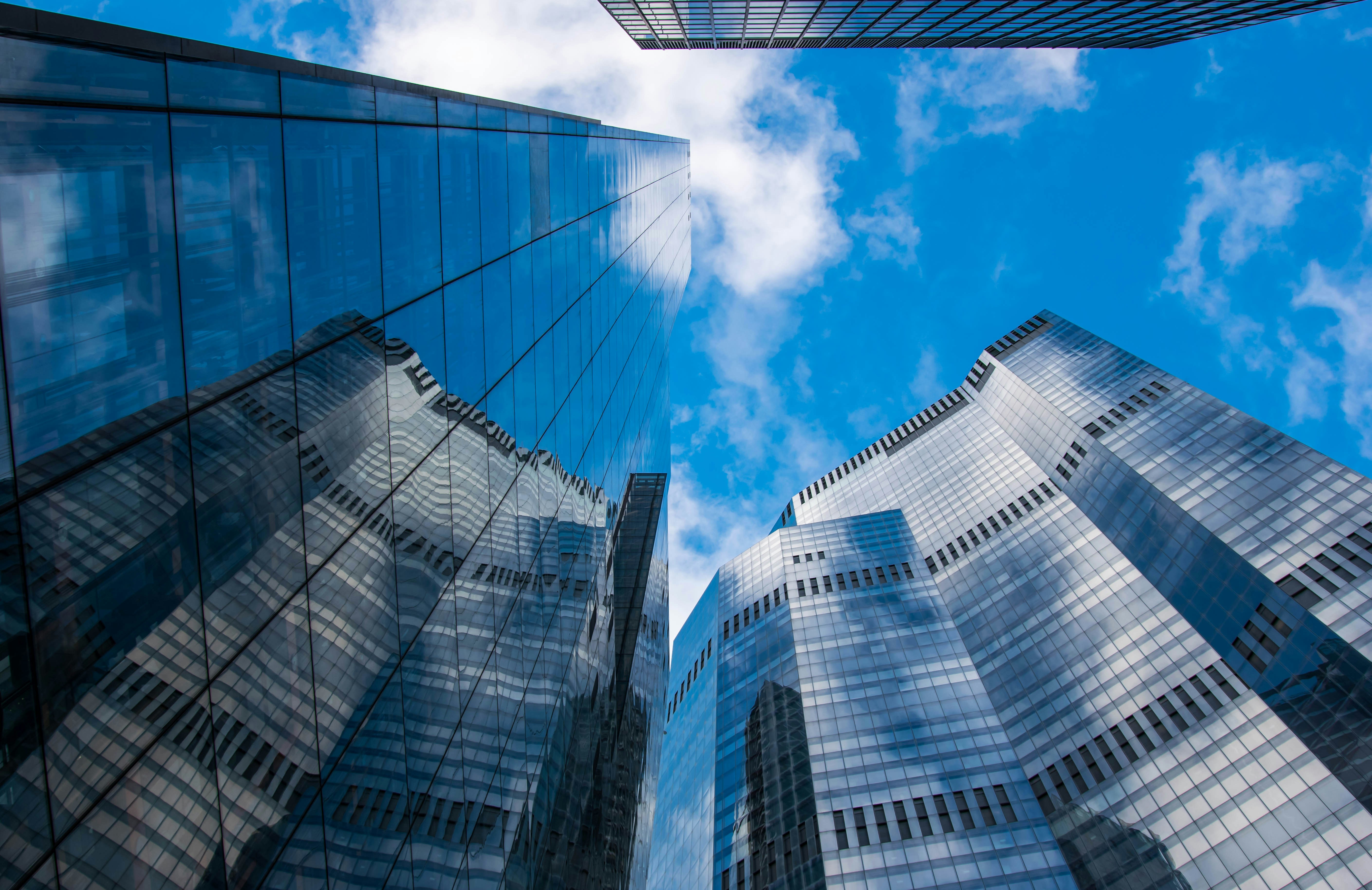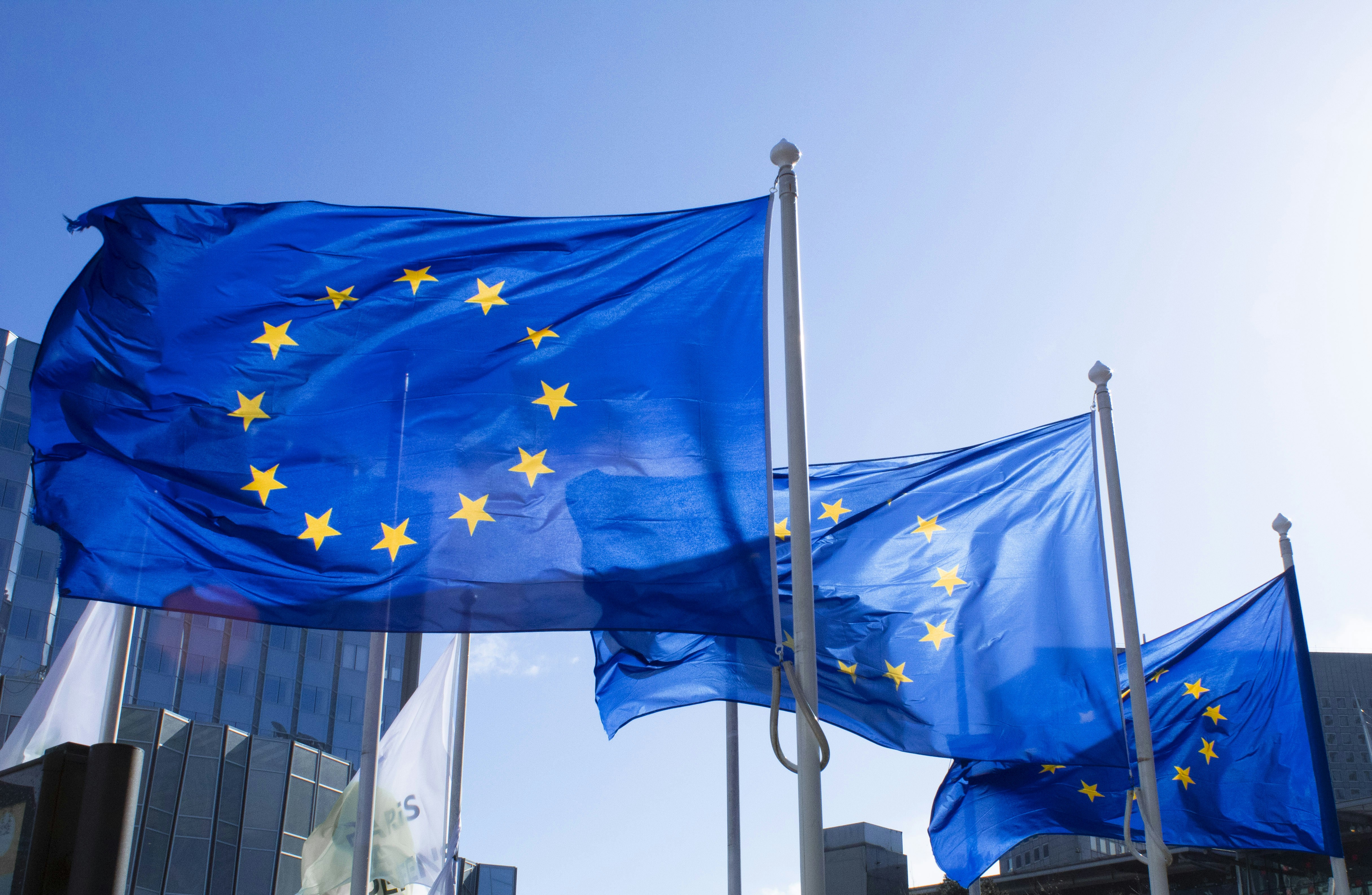From Idealism to Realism: Why Adaptation Is Becoming Just as Important as CO₂ Reduction
Ten years after the Paris Climate Agreement, Europe is taking stock. There is progress: projected temperature rises are falling, renewable energy is expanding, and technology is advancing faster than ever. Yet the real breakthrough is still to come. That is why European Commissioner Wopke Hoekstra unveiled a new climate deal this month. One that brings together climate, economy and independence. Less idealism, more focus on what truly works.

The New Climate Deal: Realism with Ambition
By 2040, the EU aims to cut CO₂ emissions by 90% compared to 1990 levels. An ambitious target, but one with built-in flexibility:
- Countries can offset up to 5% of their emissions outside the EU through carbon credits.
- The target will be reviewed every two years.
- The ETS 2 tax on fossil fuels has been postponed until 2028, giving businesses more time to adapt.
The goal is to link climate policy with economic strength. To drive innovation, protect jobs and reduce Europe’s reliance on imported fossil fuels.
Offsetting Outside the EU: A Win on Paper
The idea of offsetting emissions abroad may sound practical, but the real climate benefits are uncertain and difficult to verify. Expert advice to avoid relying on these credits was ignored.
This approach gives governments some short-term relief, but it does little to encourage companies to cut their own emissions faster. Offsetting might buy time, but only genuine reductions at the source create lasting impact.
As Greenpeace’s Maarten de Zeeuw aptly put it: “It’s like paying your classmate to do your homework.”
Paying off CO₂ is not a solution. Real innovation starts where emissions end.
Technology Works, But It Needs to Move Faster
The Emissions Gap Report 2025 shows that action makes a real difference. If countries deliver on their current climate plans, global warming could be limited to around 2.3 to 2.5°C., instead of 3 to 3.5°C as predicted a decade ago. That’s progress, but still far from enough.
To stay below 2°C, global emissions need to drop by 35% from 2019 levels by 2035. To reach 1.5°C, that figure rises to 55%. The technology is there, costs are coming down, but the pace is lagging. The message is clear: action works, but time is running out.
From CO₂ Reduction to Human Progress
In the lead-up to COP30, the UN Climate Summit kicking off this week, Bill Gates is calling for a shift in climate policy. He argues that too much attention has been given to emission targets and not enough to what truly matters: improving the quality of life and supporting economic and social development.
Innovation from affordable clean energy to sustainable agriculture is key, says Gates. His message aligns with the new climate debate: sustainability should not only benefit the planet, but also people and their future.
The Economic Logic of Sustainability
For more and more companies, sustainability is no longer a legal obligation; it is a business strategy. Research from Deloitte shows that over 80% of large companies continue to invest in sustainability. Not because they have to, but because it pays off.
Lower energy costs, higher efficiency, more resilient supply chains and a stronger market position. Sustainability has become a true competitive edge. It’s no longer a cost, but a way to emerge stronger from the transition.
What Does This Mean for SMEs?
What big companies are doing now, small businesses should also want and dare to do. Not just to keep up, but to get ahead. The SMEs investing in sustainability today will benefit tomorrow from lower costs, easier access to financing and greater trust from customers and partners.
The new climate deal shows how Europe plans to take action, while the Emissions Gap Report makes clear why we need to move faster. Together, they define the landscape entrepreneurs must navigate. For SMEs, this means not only rising expectations from customers and investors, but also a real opportunity to stand out. Those who measure their CO₂, use energy wisely and communicate openly will build strength and trust for the future.
From Idealism to Realistic Leadership
Ten years ago, sustainability was about ideals. Today, it is about making choices.
Smart entrepreneurs know that those who adapt stay ahead by cutting emissions, working efficiently and preparing for what’s next. That’s not an obligation; it’s a strategy.
The new climate deal reflects that mindset perfectly: ambitious, practical and people-focused. It’s a path where economy, innovation and social progress go hand in hand.
In short, sustainability is no longer an ideal. It’s simply good business.
The question isn’t if you’ll act, but how smart and practical you’ll make it.


.png)
